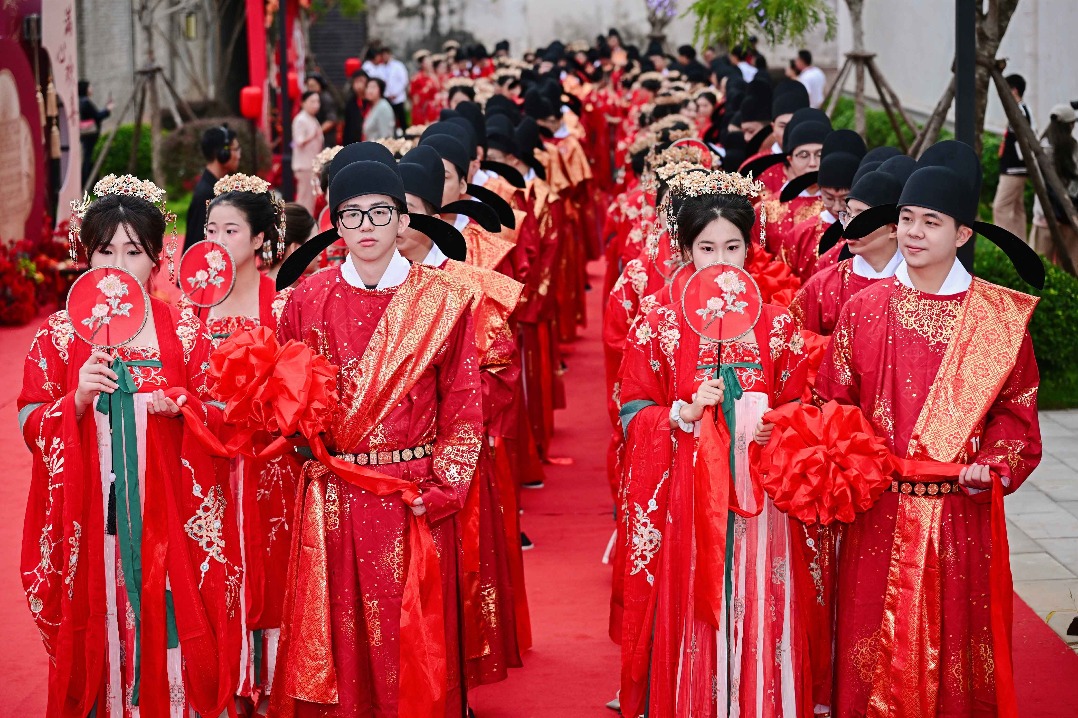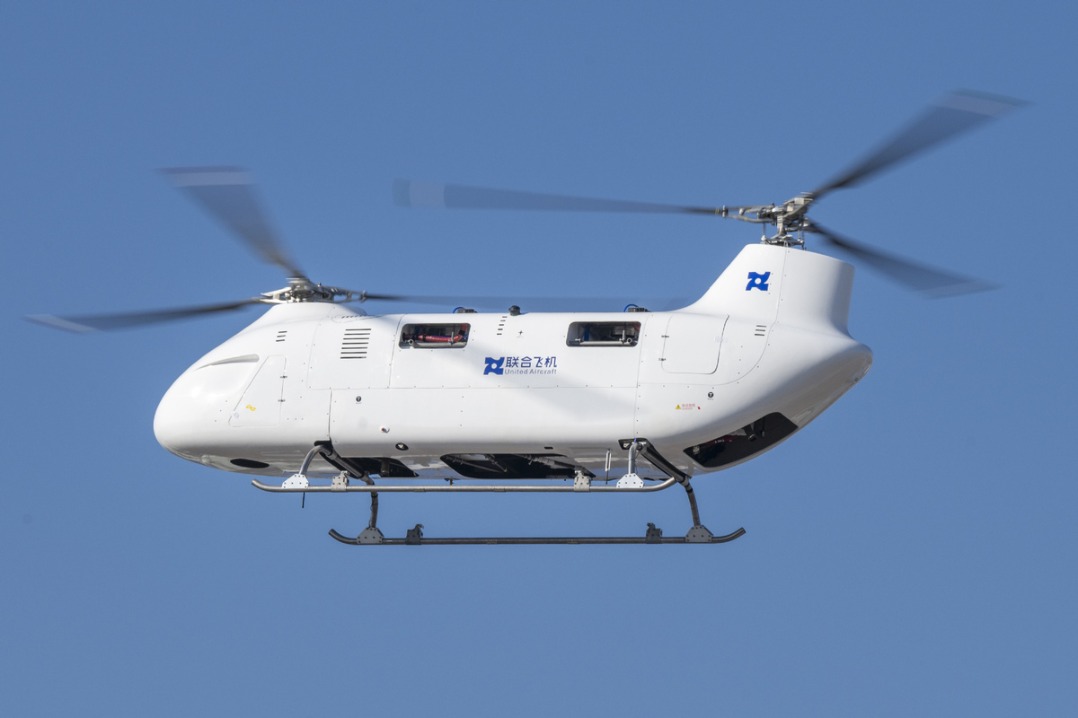Capital's Olympic air the freshest it's been in many years

The concentration of PM 2.5 air particulates in Beijing hit a record low during the Winter Olympics, officials said.
On Feb 4, when the Games opened, the air density of the unhealthy particulate in the capital stood at 5 micrograms per cubic meter. As of Thursday, the average density of the pollutant during the Games stood at 24 mcg/cubic m, according to the Ministry of Ecology and Environment.
The air quality was the best that has been recorded since monitoring of PM 2.5 began in 2013, Wang Jinnan, head of the ministry's Chinese Academy of Environmental Planning, told a news conference at the 2022 Beijing Media Center on Friday.
"In the past five years, as host of both Summer and Winter Olympics, Beijing has produced a miracle in improvements to air quality in megacities," said Wang, who is also an academician of the Chinese Academy of Engineering.
The average PM 2.5 density in the city in 2021 was 33 mcg/ cubic m, down 40 percent from 2017, he noted.
Zhang Dawei, deputy head of the ministry's department of air quality management, said that the air quality in Beijing, Tianjin and Hebei province so far during the Winter Olympics has been much better than during the same period last year, with a year-on-year drop of 40 percent in average PM 2.5 density.
The huge improvement is the result of consistent government efforts to control air pollution in the cluster, although meteorological conditions favoring the dispersal of air pollutants have also helped, he said.
- China to launch new-generation crewed spaceship in 2026
- China's top political advisory body concludes standing committee session
- China to celebrate the 160th birth anniversary of Sun Yat-sen
- PLA says Philippines' South China Sea 'joint patrol' undermines regional peace, stability
- Experts call China's next five-year plan a critical period for reforms
- Cheng Li-wun assumes leadership of Kuomintang




































